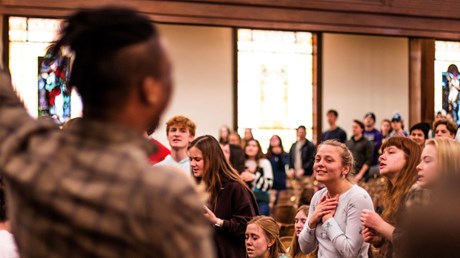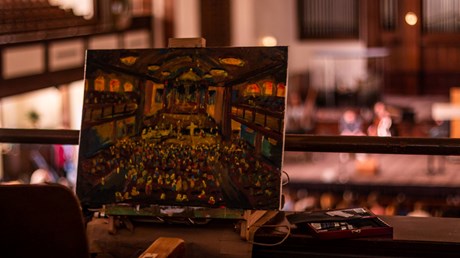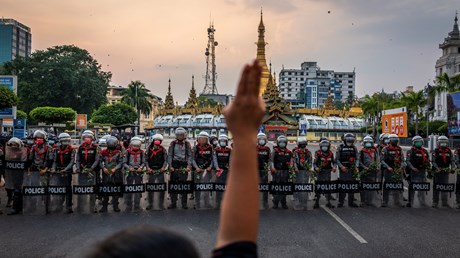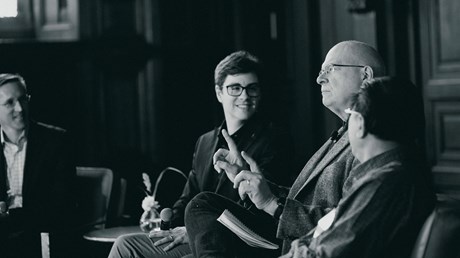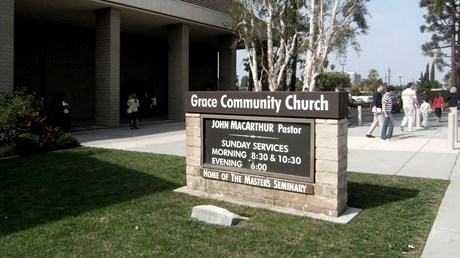To understand the island nation’s crisis and what evangelicals must do now, start with what we didn’t do.

Right now, the Western Hemisphere’s second-oldest republic is collapsing. Militant gangs in Haiti control most of the capital, Port-au-Prince, and significant territory in other cities. They extract bribes at gunpoint for every case of diapers, bag of rice, box of gauze, and gallon of gasoline that moves in or out of its seaport. They set fire to neighborhoods and mount coordinated attacks on police stations. They drag rivals from emergency room beds and execute them outside.
Thus, Haiti’s economy is in free fall. Its annualized inflation verges on 50 percent. Fuel in some areas fetches $10 a gallon on the black market. The nation is slipping into famine—a term, believe it or not, rarely before used there. Thousands of its people are swamping boats bound for South Florida and marching across continents and piling up against the US-Mexico border.
To face these crises, there is no government. Haiti’s putative head of state, prime minister and acting president Ariel Henry, took office after the brazen and bizarre 2021 assassination of an unpopular president. But Henry is also unpopular. He has long overstayed the constitutional limits of his term. To replace him, Haiti would need to hold elections; its last elections were so long ago that every chair in its legislature sits empty.
But Haiti cannot safely hold elections, because law enforcement is consumed with a battle against gangs that have become so powerful that young men who want to join them are reportedly put on waitlists. The national police—a force roughly the size of Chicago’s police department tasked with securing a mountainous land of over 11.3 million people—are underpaid, underequipped, and burning tires in the streets in ...
from Christianity Today Magazine https://ift.tt/IH6Aknd




